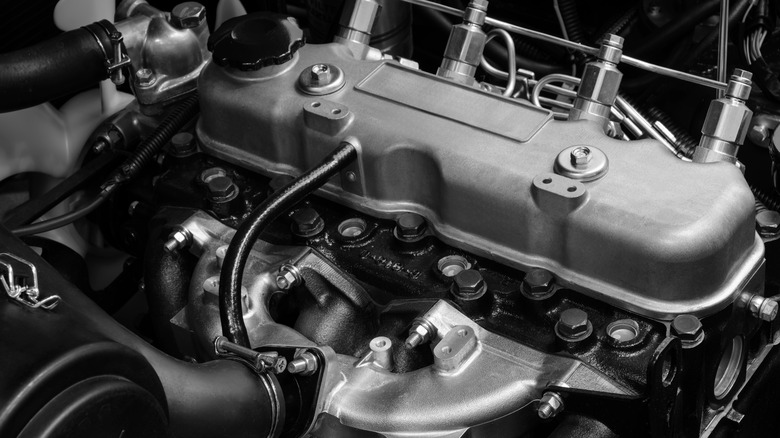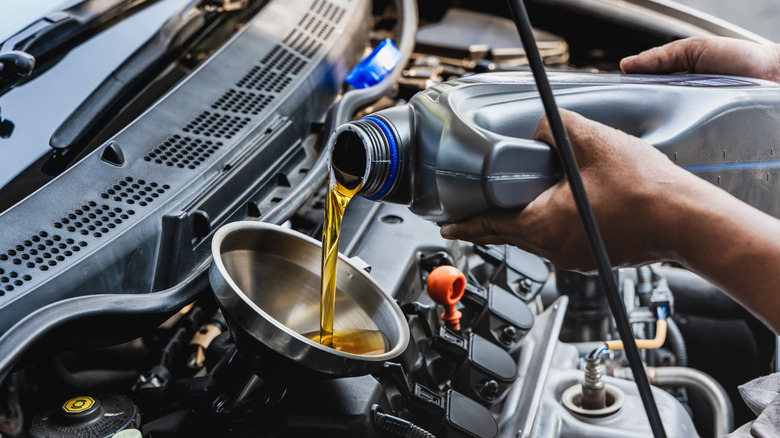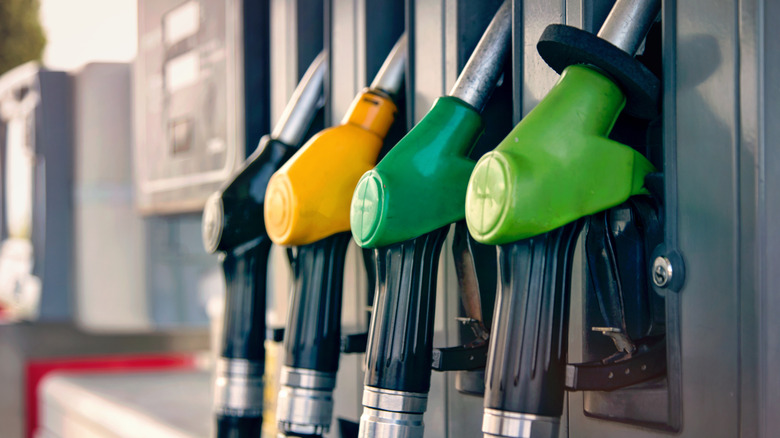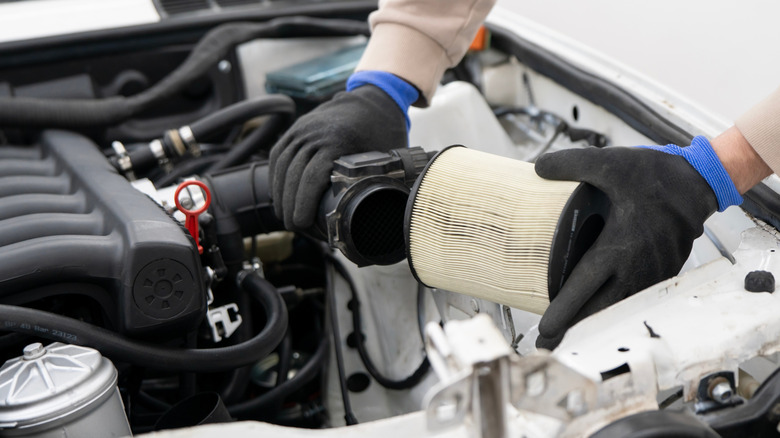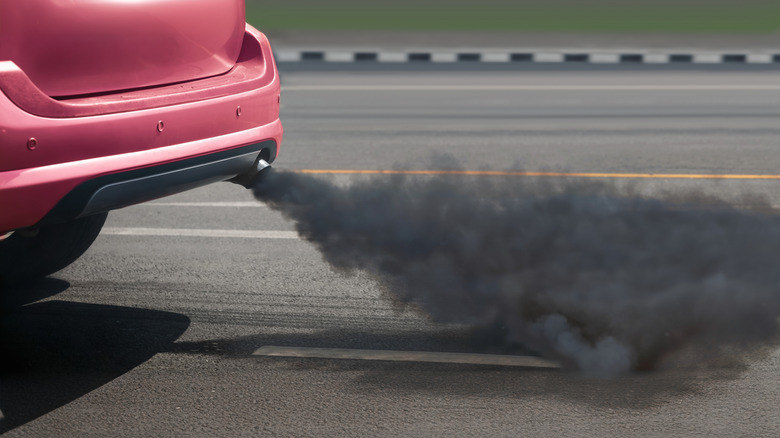5 Mistakes You Could Be Making That Are Destroying Your Diesel Engine
If you own a diesel engine, you already know how tough and powerful it can be. Diesel engines are built to last, but even the strongest engines can wear out quickly if they're not looked after the right way.
Many people make small mistakes with their diesel engines without even knowing it, and over time, these small habits can lead to serious damage. It could be as simple as skipping an oil change or choosing the cheapest fuel to save a few bucks. Or maybe you're not giving your engine time to warm up properly before hitting the road.
The good news is you can prevent your engine from getting damaged and even help it last longer if you're just a little careful. It all comes down to knowing what to watch out for, when to do maintenance, and what habits you need to break. You don't need to be an expert, as you just need to understand what your engine needs and why it matters.
In this article, we'll walk you through five common mistakes many diesel owners make. We'll explain why these habits are bad, the damage they can cause, and how you can easily avoid them.
Skipping regular oil changes
Skipping oil changes might seem harmless, but it's actually one of the worst things you can do to a diesel engine. Diesel engines are designed to deal with more pressure, higher heat, and heavier workloads than gas engines, which means they rely heavily on clean, high-quality oil to keep running smoothly.
When you don't change the oil regularly, it starts to break down. Oil is meant to keep the parts inside your engine moving smoothly and staying cool. But over time, the oil gets dirty and thick. When that happens, engine parts like pistons and bearings start rubbing together too much, which creates more heat and slowly damages the engine. You might not notice any problems right away, but the damage builds up quickly.
Another issue with old oil is sludge buildup. As oil ages, it thickens and forms a sticky mess that can clog up small oil passages. These clogs keep fresh oil from reaching important parts of your engine.
Sticking to a regular oil change schedule is the best way to prevent this. For most diesel engines, that means every 5,000 to 7,000 miles, or even sooner if you haul heavy loads or drive in tough conditions. Also, make sure to use synthetic oil, as it can handle high heat and pressure better than standard oil.
Using low-quality fuel
Another big mistake many people make is using low-quality diesel just to save a few bucks. While this won't instantly cause issues, you'll start noticing the damage after a while. This is because diesel engines rely on clean, high-quality fuel to run smoothly, and when the fuel you use is dirty, it can slowly damage the most important parts of your fuel system.
Bad fuel often contains dirt, debris, or too much moisture, and these particles can clog your fuel injectors, which are responsible for spraying diesel into the engine. When injectors get blocked, your engine can't burn fuel properly. This leads to issues like your vehicle losing power, poor acceleration, or bad fuel efficiency.
Another issue caused by poor-quality diesel is clogged fuel filters. These filters are meant to catch dirt before it reaches the engine, but if the fuel is already contaminated, the filters can get blocked faster than usual. When that happens, fuel flow slows down, and your engine has to work harder than before.
To ensure you don't run into such issues, always choose fuel from reliable sources and avoid shady gas stations. Also, make sure to use a quality diesel additive from time to time, which can help clean out the system, break down sludge, and keep injectors and filters clear.
Not changing the air and fuel filters
Air and fuel filters might seem like small parts, but they do big jobs in keeping your diesel engine healthy. If you're not changing them regularly, you're slowly letting dirt and junk build up in your system, and that can lead to major problems in the long run.
Fuel filters are designed to block out the junk in diesel fuel, such as dirt, rust, and even sludge. Even if you fill up at a decent station, diesel isn't always clean. Over time, the filter clogs up with all that debris, and your engine will struggle to get the fuel it needs after a while.
Air filters also work to keep everything running smoothly. Your engine needs clean air to mix with fuel and run properly. When the air filter gets clogged with dust, pollen, or debris, the airflow gets disturbed, which leads to weaker performance, lower fuel efficiency, and more smoke coming from your exhaust. In some cases, dirt can also slip past the filter and scratch the engine, which can cause serious internal damage in the long run.
To avoid this, just stick to your vehicle's maintenance schedule and make sure to check your filters often, especially if you drive in dusty or harsh conditions. If the air or fuel filter looks dark or clogged, replace it immediately.
Not letting your engine warm up
If you're starting your diesel engine and hitting the road right away, you might be doing more harm than you realize. When a diesel engine is cold, the oil inside it is also cold and thick. Thick oil doesn't move as easily, meaning your engine's moving parts don't get the proper lubrication right away. This can cause extra wear, especially on parts like the pistons and bearings. Just like you wouldn't sprint right after waking up, your engine shouldn't go straight to work while it's still cold.
Idling your truck for too long isn't a great idea either. Extended idling can lead to carbon buildup, fuel contamination, increased engine wear, and higher fuel consumption. Over time, these issues can reduce engine efficiency, shorten its lifespan, and lead to costly repairs if not addressed.
Instead of driving right away, make sure to wait up to five minutes without revving the engine, depending on how cold it is outside. Once you start driving, avoid heavy acceleration. Instead, drive slow and wait until the engine reaches its normal operating temperature. This gives the oil time to do its job properly and protect sensitive parts.
It's also a good idea to invest in a remote start system, especially if you live in a cold climate. This system lets you start your vehicle and warm it up while you stay inside.
Ignoring smoke signals
Don't ignore your diesel engine's exhaust if you see smoke coming out. If you're spotting smoke regularly, it's usually a warning sign that something inside the engine isn't working right. It could be black, white, or blue, depending on the issue.
Black smoke usually means your engine is burning too much fuel or not burning it properly. Problems with the fuel injectors, a clogged air filter, or a bad fuel pump could cause this.
White smoke often points to fuel not burning properly. Sometimes, it happens because coolant is leaking into the engine, which could mean a cracked cylinder head or a blown head gasket. In some cases, it's just condensation burning off, but if the smoke lasts more than a few minutes, you should get it checked.
Blue smoke is a sign that your engine is burning oil. This might happen if oil leaks into the combustion chamber due to worn piston rings, faulty valves, or a damaged turbocharger. Burning oil reduces your oil level and puts extra stress on the engine, leading to serious damage.
Even though this might sound serious, you can avoid most of these problems with regular maintenance. Just make sure to change your air and fuel filters, stick to the right oil and fuel, and don't delay repairs if you notice something is off.
